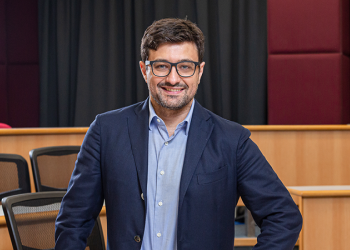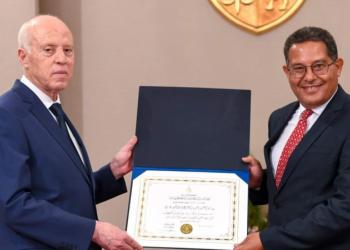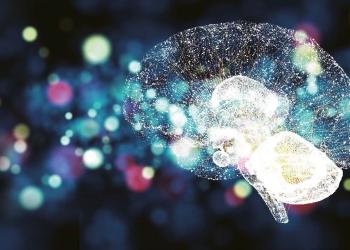News & Stories
2020
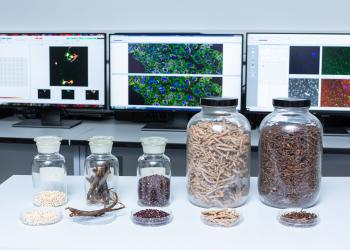
News
Strengthen Your Brain with Chinese Herbs to Prevent Alzheimer’s
Seeing how Alzheimer’s disease has turned her beloved aunt from a sprightly 75-year-old to a confusing mind, Dr. Fanny IP Chui-Fun says the experience is frustrating for her as a neuroscientist because the disease remains incurable.“My aunt was a secondary teacher who had a sharp mind. She used to help me with my homework, but now she can’t remember things and always says something that makes little sense,” says Dr. Ip.Determined to find a treatment, Dr. Ip has been researching into brain degeneration since 1993 with Prof. Amy FU Kit-Yu, Research Associate Professor in the Division of Life Science, under the guidance of world-renowned neurobiologist Prof. Nancy IP Yuk-Yu, who is Vice-President for Research and Development and the Morningside Professor of Life Science. The trio soon explored a new direction in the field predominantly associated with Western medicine.
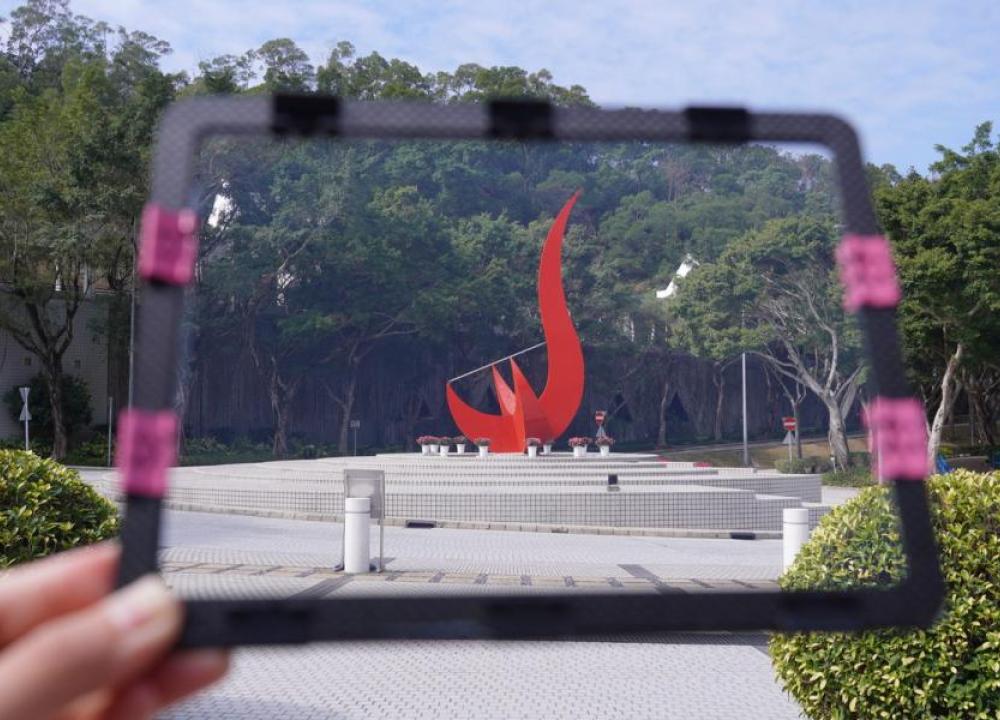
News
HKUST Researchers Develop the World’s Strongest Polymer Nanomembrane
The Importance of Sustainable Polymer MaterialsPolymers are a fundamental component of modern life, used in a wide range of applications from packaging and textiles to medical devices and construction materials. The importance of polymers cannot be overstated, as they provide numerous benefits such as durability, flexibility, and resistance to chemicals and heat. However, the plastics industry has faced growing criticism in recent years due to its significant contribution to environmental pollution and waste management issues. As a result, there is an increasing emphasis on sustainability in the plastics industry, driven by evolving stakeholder expectations and environmental awareness. This shift towards sustainability is crucial for the long-term viability of the plastics industry, as it requires the development of innovative and eco-friendly strongest polymer materials that minimize environmental impact while maintaining performance and functionality.
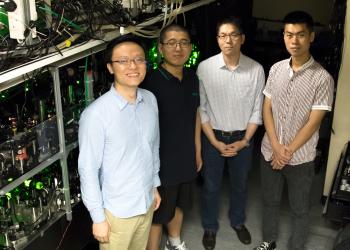
News
Physicists Quantum Simulate a System in which Fermions with Multiple Flavors Behave Like Bosons
Quantum simulations show that boson-like behaviours, so-called bosonization, emerge from an ensemble of fermions in three-dimensional systems, despite that bosons and fermions are governed by distinct quantum statistics.
In the text book of quantum mechanics, it was introduced that bosons and fermions, two types of elementary particles that build the universe, behave in a drastically different way. For example, bosons can share the same quantum state while fermions of the same kind cannot but fill available quantum states one by one.
News
HKUST Receives HK$20 Million from Mr. Andy Fei Chi-En in Support of the University’s Innovation & Technology Research and Education Development
The Hong Kong University of Science and Technology (HKUST) received a donation of HK$20 million from Mr. Andy FEI Chi-En, for the enhancement of HKUST’s development in innovation and technology (I&T), research and education.
This donation will be used to set up a fund called the “Fei Chi En Education and Research Fund” in support of HKUST’s I&T research projects and related facilities. HK$2 million of it will be used to set up a scholarship called “Y-Lot foundation scholarship” under the name of Y-Lot Foundation founded by Mr. Fei, to reward students with outstanding academic achievements, and encourage them to strive for excellence.










